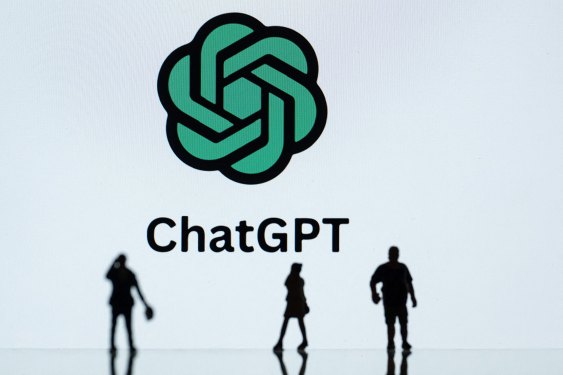Revolutionizing AI: ChatGPT Introduces Memory with Search for Enhanced User Interactions

OpenAI is once again pushing the boundaries of AI technology with the introduction of a new feature called “Memory with Search” for its ChatGPT model. This enhancement allows ChatGPT to utilize information from previous conversations — such as a user’s favorite hobbies or dietary preferences — to create more personalized and relevant web search queries.
Launched quietly amid other updates, the Memory with Search feature is meant to leverage ChatGPT’s existing memory capabilities while engaging more dynamically with users’ prompts. When enabled, this functionality enables chat histories to inform searches, making interactions not only smoother but also richer in context.
This innovative shift follows OpenAI’s recent upgrade to its memory tool, which now allows referencing an entire chat history, distinguishing ChatGPT from its competitors, such as Anthropic’s Claude and Google’s Gemini. By integrating memory into search capabilities, OpenAI aims to enhance user experiences and maintain a competitive edge in the evolving landscape of AI chatbots.
As described in OpenAI’s update documentation, this feature reframes user queries by incorporating both the context from conversations and relevant details drawn from memory. For instance, a prompt seeking restaurant recommendations from a user identified as vegan living in San Francisco would be transformed into something like: “best vegan restaurants in San Francisco,” thus significantly improving the relevance and utility of the output.
However, users who prefer to disable this feature have the option to turn off memory through the settings menu. As this update rolls out, reports from various users indicate mixed experiences, with some already accessing Memory with Search early this week.
In a rapidly evolving AI sector, such advancements stress the ongoing commitment of companies like OpenAI to refine user-oriented features while competing with major players. With search capabilities now tailored to individual memories, the future of AI interactions looks brighter than ever. To learn more about AI’s evolving landscape, explore our resources and insights on AI developments and user personalization in technology.
